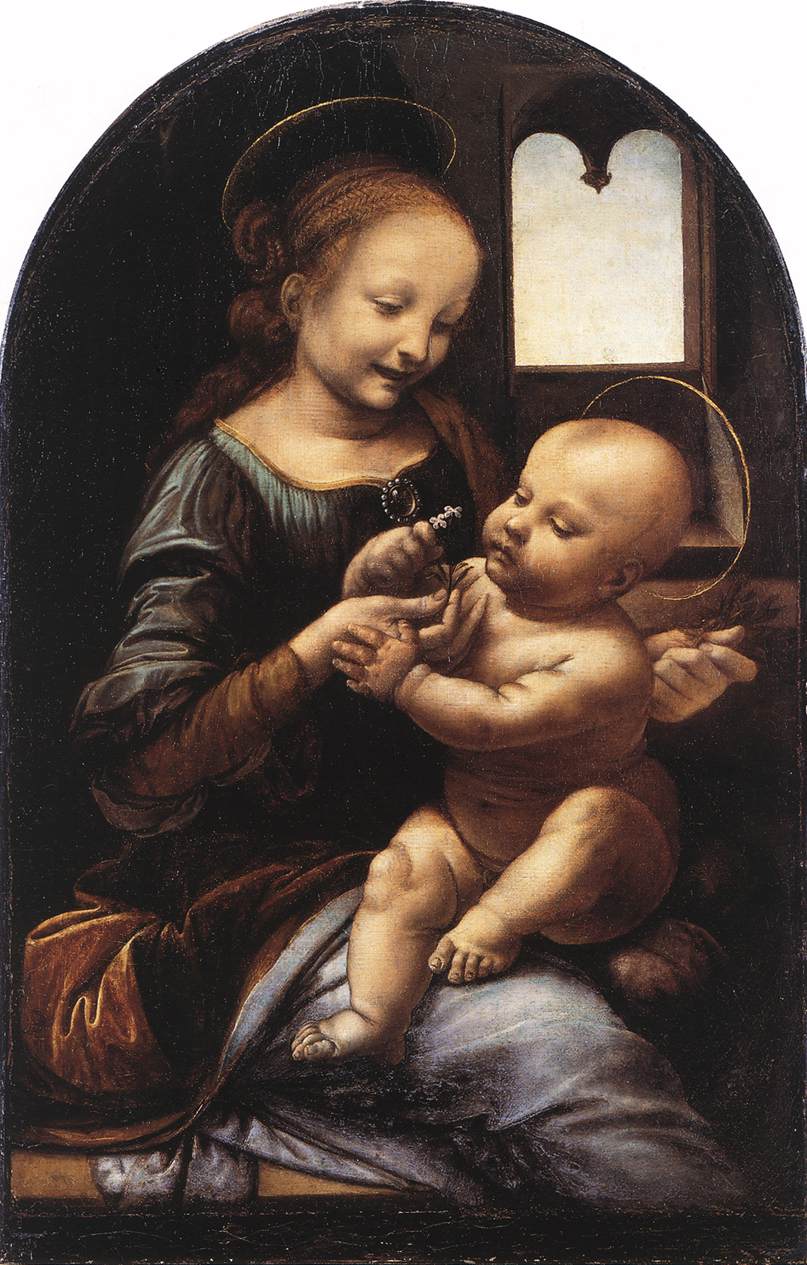Healing and Hiding
This morning, I read a story that’s always intrigued me: the woman with the hemorrhage who came through the pressing crowds and touched Jesus’ robes. I’m using a harmony of the gospels these days, but the account in Mark 5 serves for a reference.
What I noticed today was the way that Jesus asked who had touched him. Surely he knew — ? This man who had known when he was dissed behind his back for being a Nazarene? This man who immediately after this episode indicates that he knows even before he sees Jairus’ daughter that she is “not dead but is asleep“? If we tried we could make a long list of incidents that show Jesus’ clairvoyance.
The commentary I have assumes that Jesus asked who touched him because he didn’t know. But I have a hard time believing that’s the case. There are times in the gospels when Jesus makes it clear that he is offering a demonstration for the benefit of those around him, not because he himself requires it. (Healing the paralytic, for instance, “so that you may know that the Son of Man has authority on earth to forgive sins.” Or raising Lazarus: “Father, I thank You that You have heard Me. And I knew that You always hear me; but because of the people standing around I said it…”)
I wonder if Jesus’ request of the crowd in this case — “Who touched my robe?” — was for the benefit of the woman herself. It’s because I’m (still) reading Hiding from Love that this occurs to me. Just yesterday I pondered these words, in the context of a discussion about denial:
Reality perception is primarily relational. That’s why Jesus said, “I am the way, and the truth, and the life; no one comes to the Father, but through Me” (John 14:6). He was showing us that truth is more than an amassing of facts; it is enclosed in a connection to Him.
We learn reality primarily from our attachments. Learning it from books and propositional statements is a secondary process that occurs after our fundamental relational abilities are established inside…
We learn reality from relationship, especially in the impressionable and formative years of childhood. Here we learn to affirm those parts of us that keep us in relationship, and to deny those parts that isolate us.
Could it be that Jesus was offering the woman, whose actions had been understandably furtive, an opportunity to come out of hiding and be healed within as well as without? She was considered perpetually unclean, and was healed in secret, but Jesus invited her to acknowledge it publicly. Coming forward took the healing beyond a medical intervention, into a connection with God. It also clarified that her superstitious belief in power emitted through Jesus’ clothing wasn’t what healed her; it was her faith that released his healing.
In The Irrational Season, Madeleine L’Engle wrote a poem about this woman. It too focuses on the personal dimensions of the story, imagining the relationship that was forged in that moment of healing:
When I pushed through the crowd,
jostled, bumped, elbowed by the curious
who wanted to see what everyone else
was so excited about,
all I could think of was my pain
and that perhaps if I could touch him,
this man who worked miracles,
cured diseases,
even those as foul as mine,
I might find relief.
I was tired from hurting,
exhausted, revolted by my body,
unfit for any man, and yet not let loose
from desire and need. I wanted to rest,
to sleep without pain or filthiness or torment.
I don’t really know why
I thought he could help me
when all the doctors
with all their knowledge
had left me still drained
and bereft of all that makes
a woman’s life worth living.
Well: I’d seen him with some children
and his laughter was quick and merry
and reminded me of when I was young and well,
though he looked tired; and he was as old as I am.
Then there was that leper,
but lepers have been cured before –No, it wasn’t the leper,
or the man cured of palsy,
or any of the other stories of miracles,
or at any rate that was the least of it;
I had been promised miracles too often.
I saw him ahead of me in the crowd
and there was something in his glance
and in the way his hand rested briefly
on the matted head of a small boy
who was getting in everybody’s way,
and I knew that if only I could get to him,
not to bother him, you understand,
not to interrupt, or to ask him for anything,
not even his attention,
just to get to him and touch him…I didn’t think he’d mind, and he needn’t even know.
I pushed through the crowd
and it seemed that they were deliberately
trying to keep me from him.
I stumbled and fell and someone stepped
on my hand and I cried out
and nobody heard. I crawled to my feet
and pushed on and at last I was close,
so close I could reach out
and touch with my fingers
the hem of his garment.Have you ever been near
when lightning struck?
I was, once, when I was very small
and a summer storm came without warning
and lightning split the tree
under which I had been playing
and I was flung right across the courtyard.
That’s how it was.
Only this time I was not the child
but the tree
and the lightning filled me.
He asked, “Who touched me?”
and people dragged me away, roughly,
and the men around him were angry at me.“Who touched me?” he asked.
I said, “I did, Lord.”
So that he might have the lightning back
which I had taken from him when I touched
his garment’s hem.
He looked at me and I knew then
that only he and I knew about the lightning.
He was tired and emptied
but he was not angry.
He looked at me
and the lightning returned to him again,
though not from me, and he smiled at me
and I knew that I was healed.
Then the crowd came between us
and he moved on, taking the lightning with him,
perhaps to strike again.


